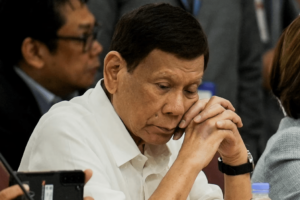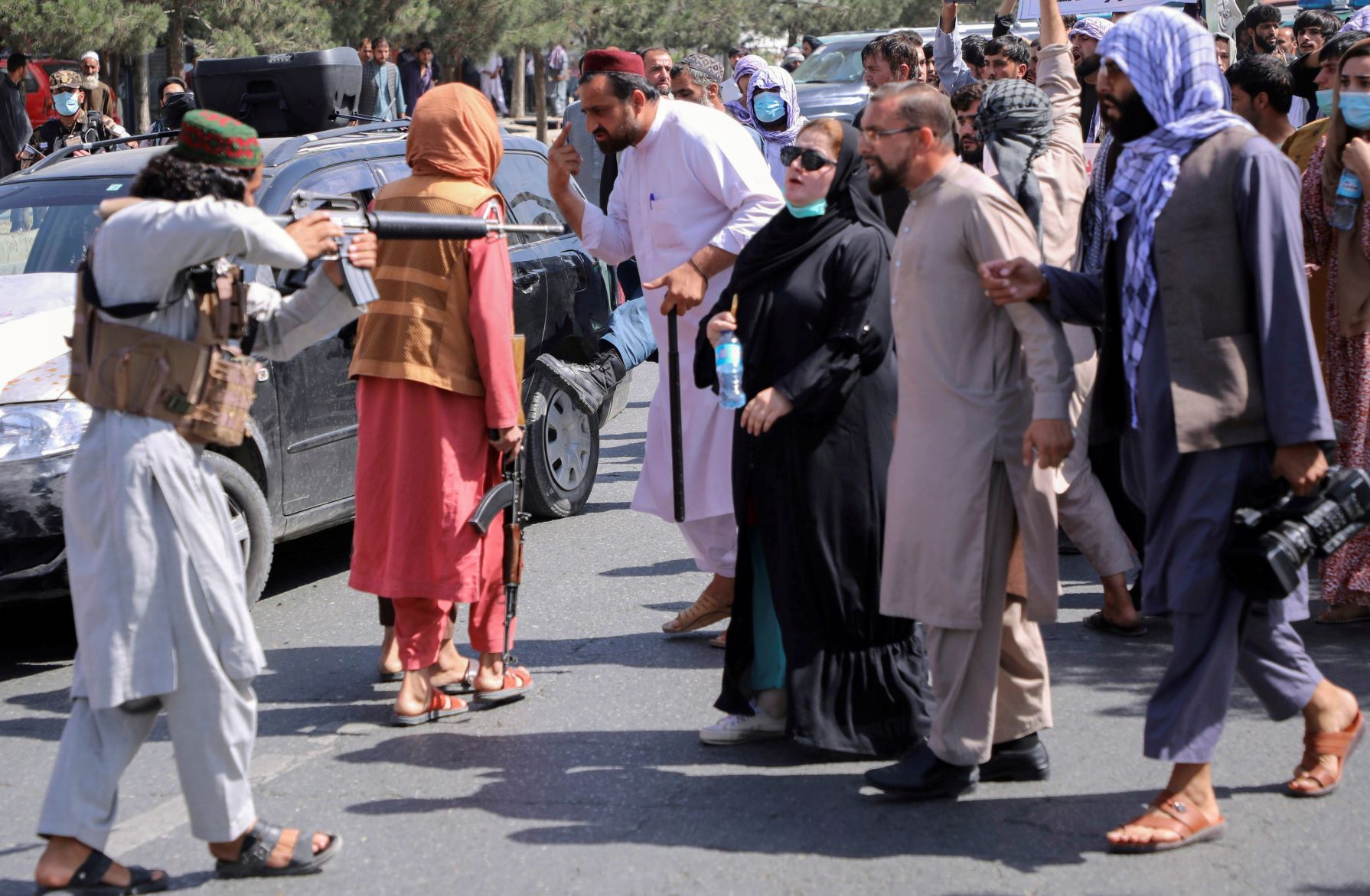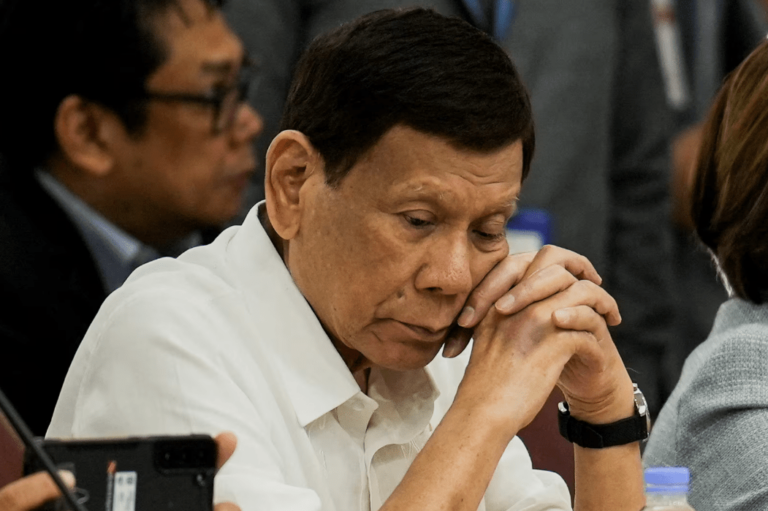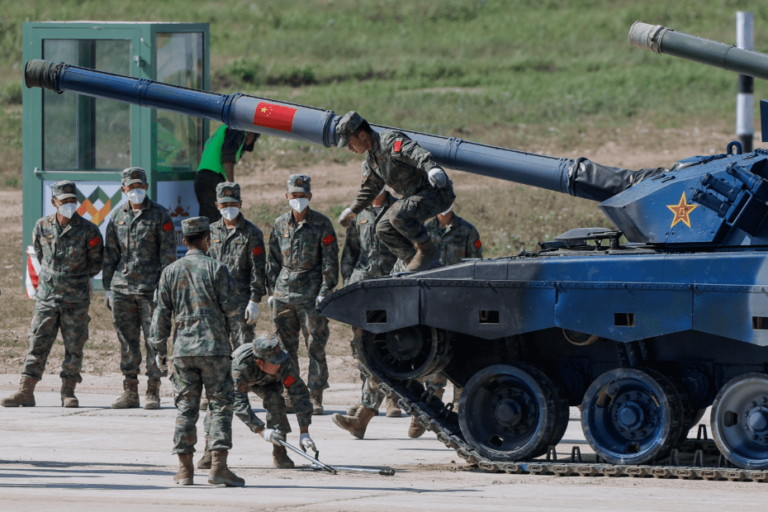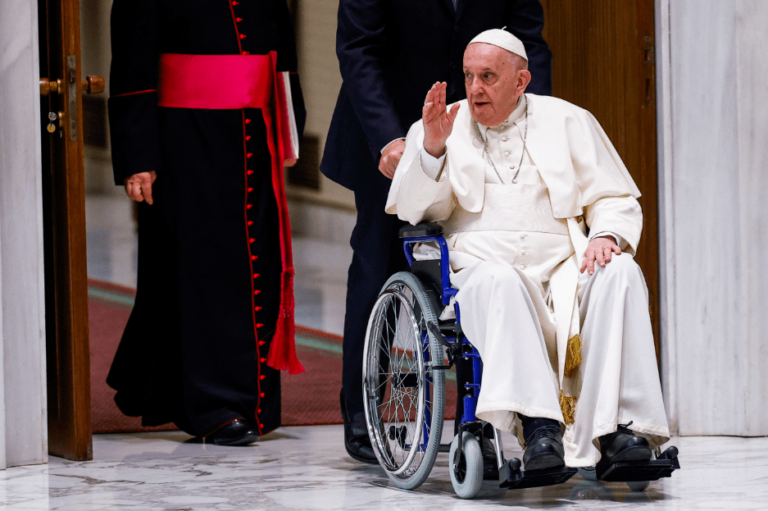On Tuesday, the Taliban appointed key officials in Afghanistan’s new government, including a close associate of the Islamist militant group’s founder as prime minister and a wanted man on a U.S. terrorist list as interior minister.
After a previous era in power defined by violent vendettas and women’s subjugation, world countries have reminded the Taliban that the path to peace and growth is an inclusive administration that would back up its claims of a more conciliatory attitude and protecting human rights.
In his first public speech since the rebels took control of Kabul on Aug. 15, Taliban supreme leader Haibatullah Akhundzada stated the Taliban were loyal to all international laws, treaties, and obligations that were not in contradiction with Islamic law.
Three weeks after the Taliban stormed to military triumph as US-led foreign forces left and the fragile Western-backed administration fell, the names chosen for the new government offered little hint of an act of good faith to its opponents.
The US expressed worry about several of the Cabinet members’ track records, noting that no women had been selected.
Women were not allowed to attend school during the Taliban’s last reign in Afghanistan, and women were barred from working and going to school. Anyone who broke the regulations was flogged by sharia police, and public executions were commonplace.
The new interior minister, Sirajuddin Haqqani, is the son of the founder of the Haqqani network, which Washington has designated as a terrorist organization. Due to his involvement in suicide attacks and links to Al Qaeda, he is one of the FBI’s most wanted men.
The FBI is looking for Haqqan for his role in the 2008 attack on a hotel in Kabul, which killed six people, including a U.S. citizen. The United States is offering a $10 million reward for information leading to his capture.


